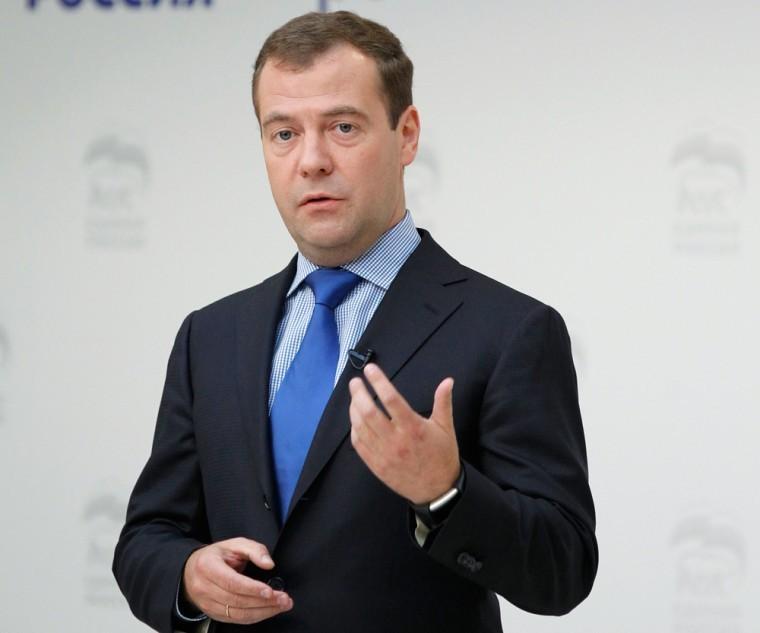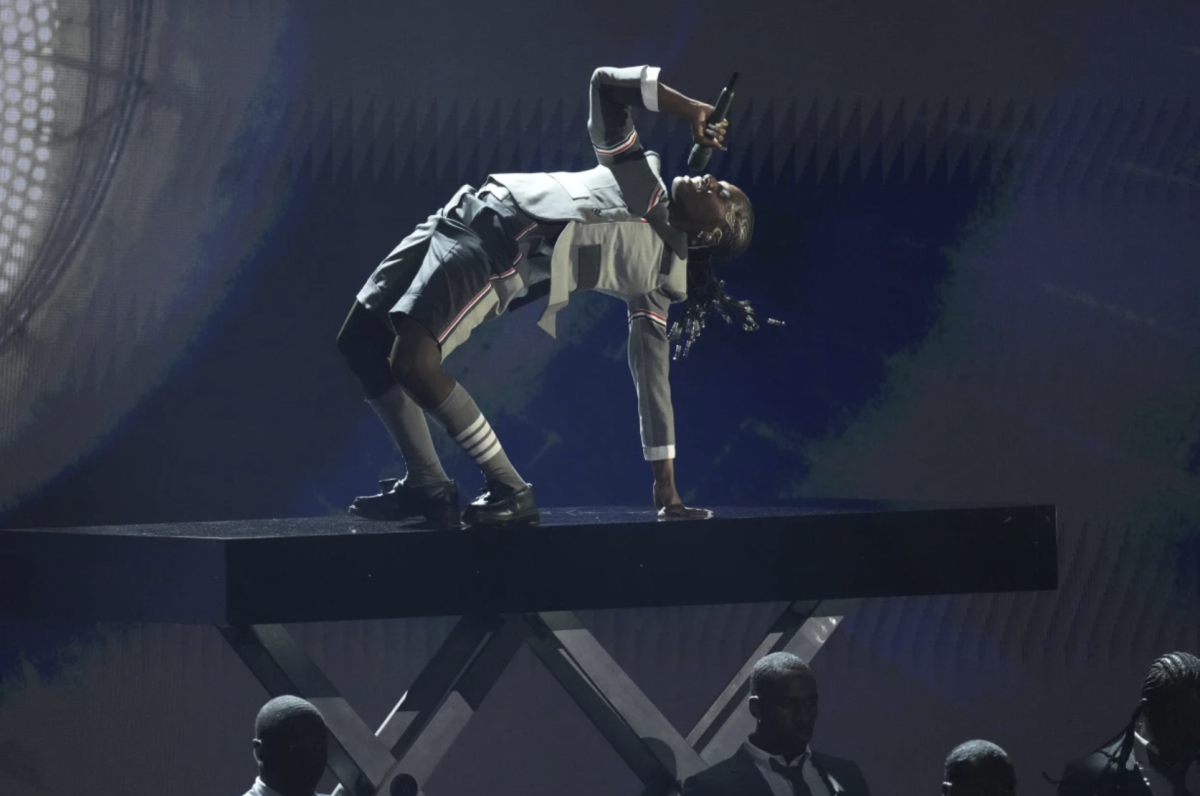MOSCOW (AP) — Russian Prime Minister Dmitry Medvedev called on Wednesday for three members of the punk band Pussy Riot to be freed, a sign that the women’s release could be imminent since their case comes up for appeal on Oct. 1.
The band members were arrested for performing a raucous prayer inside Moscow’s main cathedral asking Virgin Mary to save Russia from Vladimir Putin as he headed into the election that handed him a third term as president. They had already spent more than five months in jail when they were convicted in August of “hooliganism driven by religious hatred” and sentenced to two years in prison.
By being the one to call for the women’s release, Medvedev, who has cultivated the image of a more liberal leader, could allow Putin to put the uncomfortable case behind him while not appearing weak.
The outward appearance of the women, who perform in brightly colored miniskirts and balaclavas, and the “hysteria” accompanying them made him sick, Medvedev said with disdain. But he said keeping them in prison any longer would be “unproductive.”
“In my view, a suspended sentence would be sufficient, taking into account the time they have already spent in custody,” he said during a televised meeting with members of his United Russia party in the city of Penza.
The band’s imprisonment has come to symbolize Putin’s intensifying crackdown on dissent after his return to the presidency. Their cause has been taken up by celebrities and musicians, including Madonna and Paul McCartney, and protests have been held around the world.
Ahead of the court ruling, Putin said the women should not be judged too harshly, creating expectations that they could be sentenced to time served and freed in the courtroom. But this would have left the impression that Putin had bowed to pressure, something he has resisted throughout his 12 years in power.
Putin also was perhaps unwilling to risk disappointing his conservative supporters, who saw the punk performance as an attack on the Russian Orthodox Church.
The court verdict, however, drew strong criticism even from some Kremlin loyalists.
Former Finance Minister Alexei Kudrin, who remains close to Putin, said it had dealt “yet another blow to the court system and citizens’ trust in it.” The head of a presidential advisory council on human rights voiced hope that the prison sentence would be repealed or at least softened.
The night before Medvedev spoke, state television aired a program denouncing Pussy Riot, as if to reinforce the message that the Kremlin still considers them despicable.
The program included the claim that the feminist band was financed by Boris Berezovsky, a tycoon who has lived in Britain since 2001 after a falling out with Putin and often serves as a Kremlin boogeyman. Berezovsky said Wednesday that he had nothing to do with the group, although he was “truly delighted by the actions and courage of the girls.”









